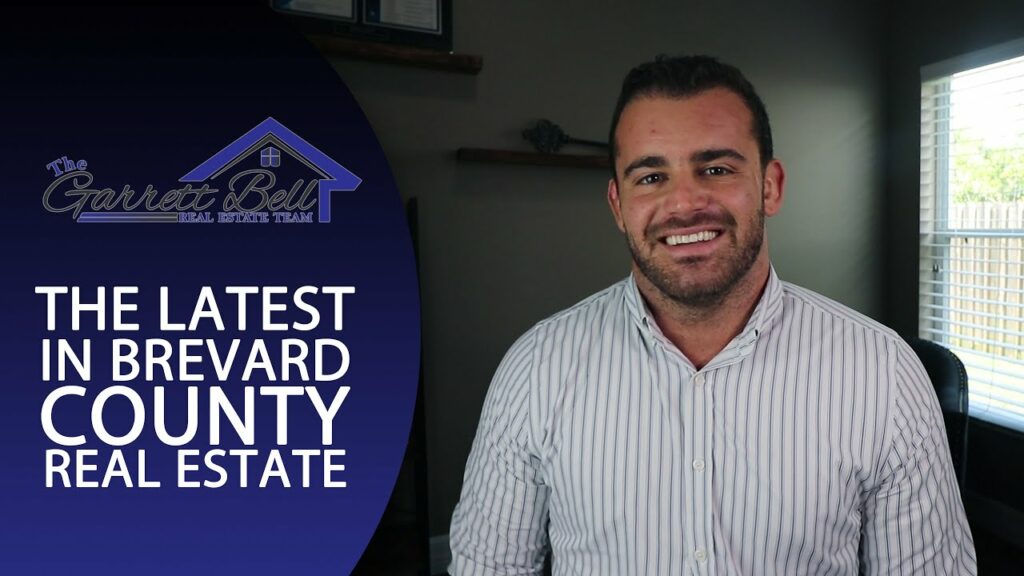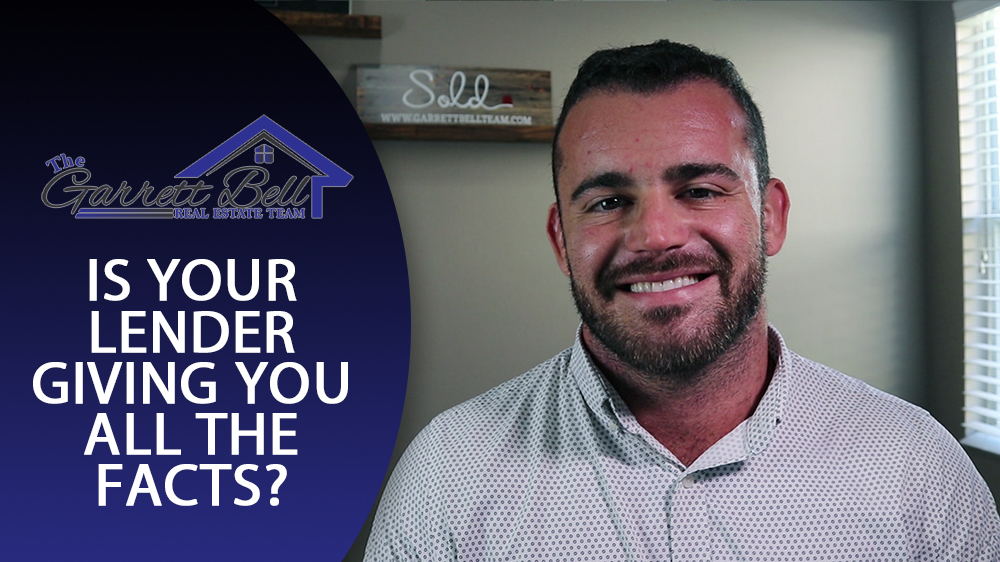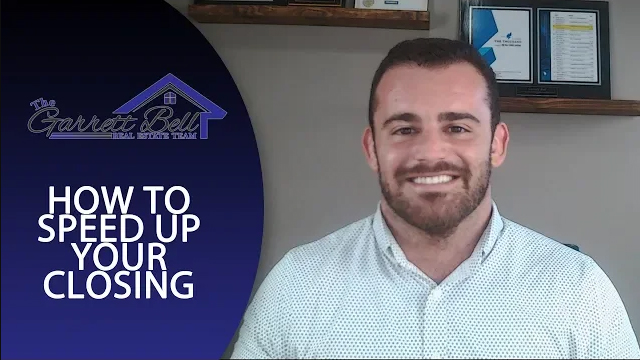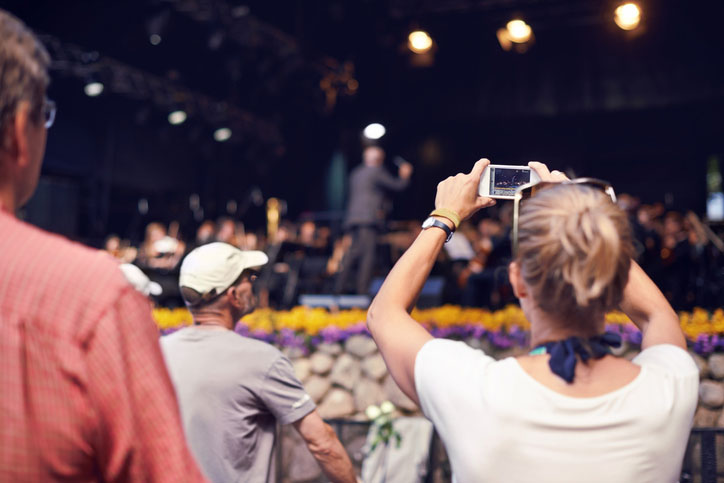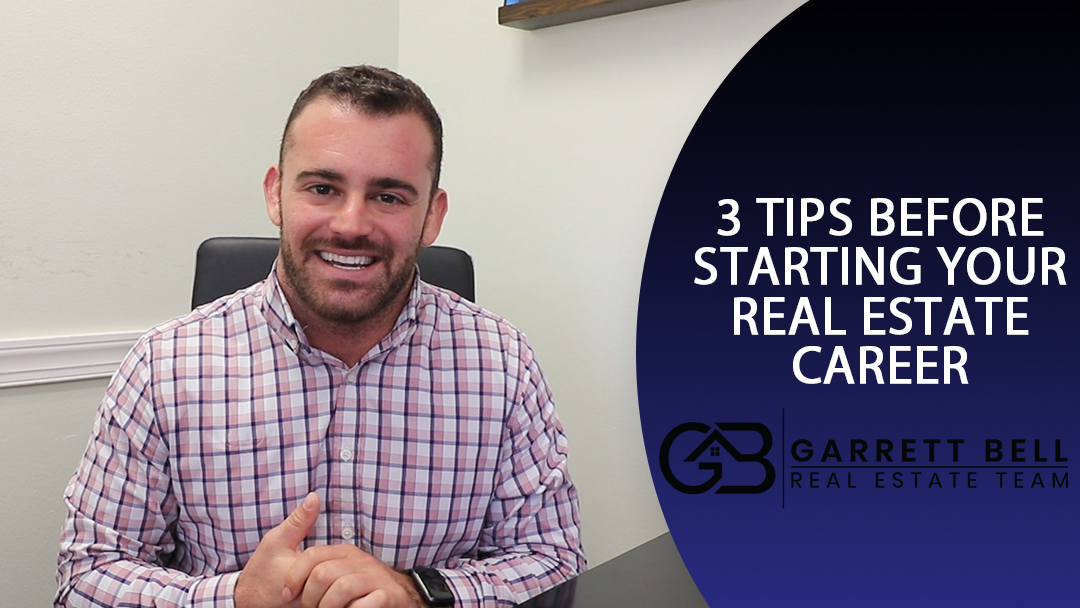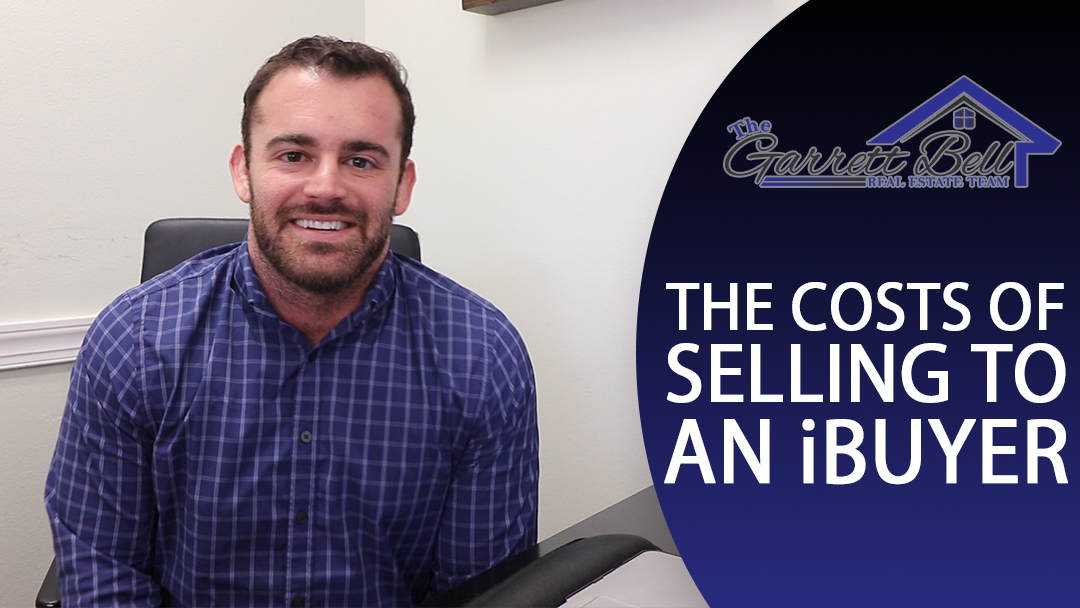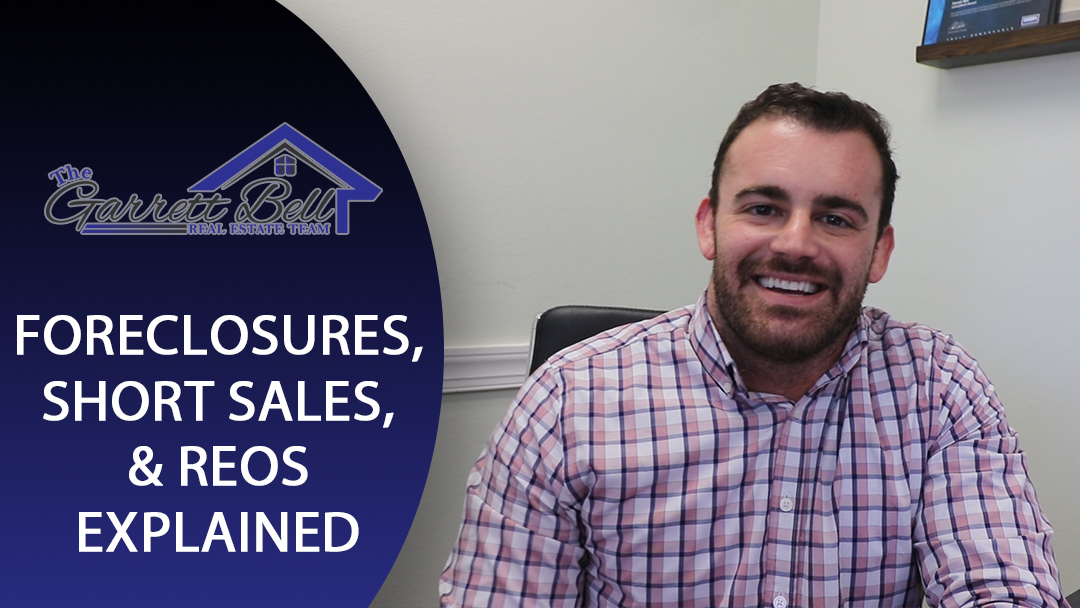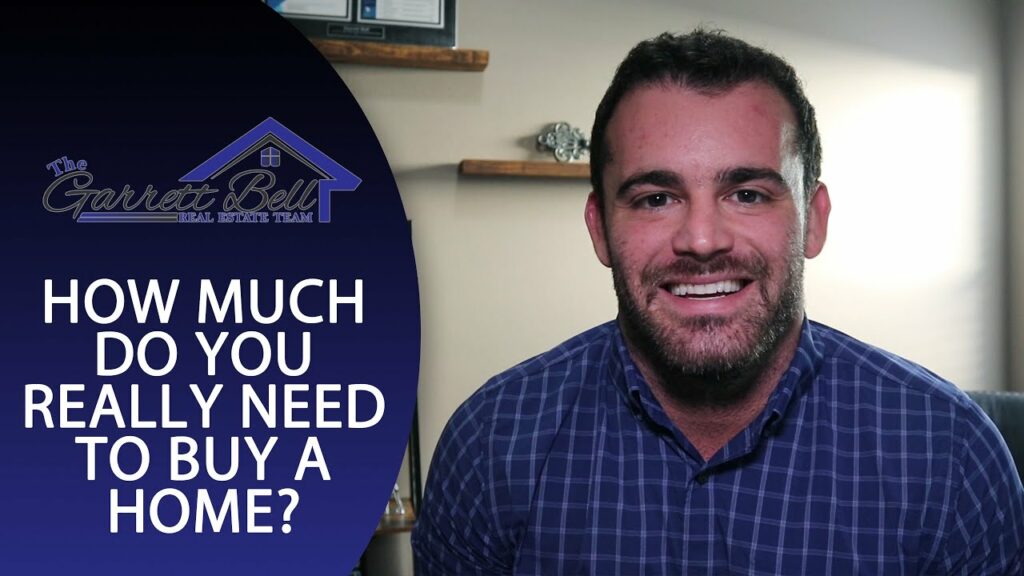
There are several factors you need to consider if you want to get a sense of how much you’ll need to purchase a home.
Buying a home? Click here to search all homes for sale.
Selling your home? Click here to learn more about our home selling system.
When it comes to how much you’ll need to buy a home, there are several factors you need to consider.
To give you a good estimate, let’s say you’re purchasing a $235,000 house—the median sales price here in Brevard County. Let’s also assume you’re using one of the three most common mortgage loan types used by homebuyers: The conventional loan, the FHA loan, and the VA loan.
With a conventional loan, you usually put down 20%, but this loan type allows you to put down as little as 3%, which means your down payment would be anywhere from $7,000 to $47,000. FHA loans only require you to put down 3.5%, which equals a down payment of $8,200. VA loans are reserved for veterans of the Armed Forces, and they don’t require any money down.
One of the advantages of putting down 20% with a conventional loan is you don’t have to pay private mortgage insurance (PMI). The PMI cost for a $235,000 home would be anywhere from $70 to $180, so that’s a money you wouldn’t have to pay. For an FHA loan, though, that PMI cost would last the entire life of the loan.
“One of the advantages of putting down 20% with a conventional loan is you don’t have to pay private mortgage insurance (PMI).”
After your down payment, you have to calculate closing costs. There are a lot of variables to consider here as well, but a good rule of thumb is to assume your closing costs will be roughly 3% of the purchase price, which means you’d pay $7,000 in this case.
So, by the time you get to the closing table, if you use a VA loan and you pay all of the closing costs, you’d only have to pay $7,000 to close on the home. If you negotiate for the seller to have to pay these costs, you’d be buying the home with no money down at all. If you do a 20% conventional loan and you pay your own closing costs, you’d pay $54,000 in total to close on the home.
Outside of your your down payment and closing costs, you’ll also have to pay for an inspection and an appraisal. Depending on the property you buy, your inspection can cost anywhere from $100 to $600 or $700. Appraisals, meanwhile, typically cost around $400.
If you have any other questions about this topic or you have any real estate needs, don’t hesitate to reach out to me. I’d be happy to help you.

